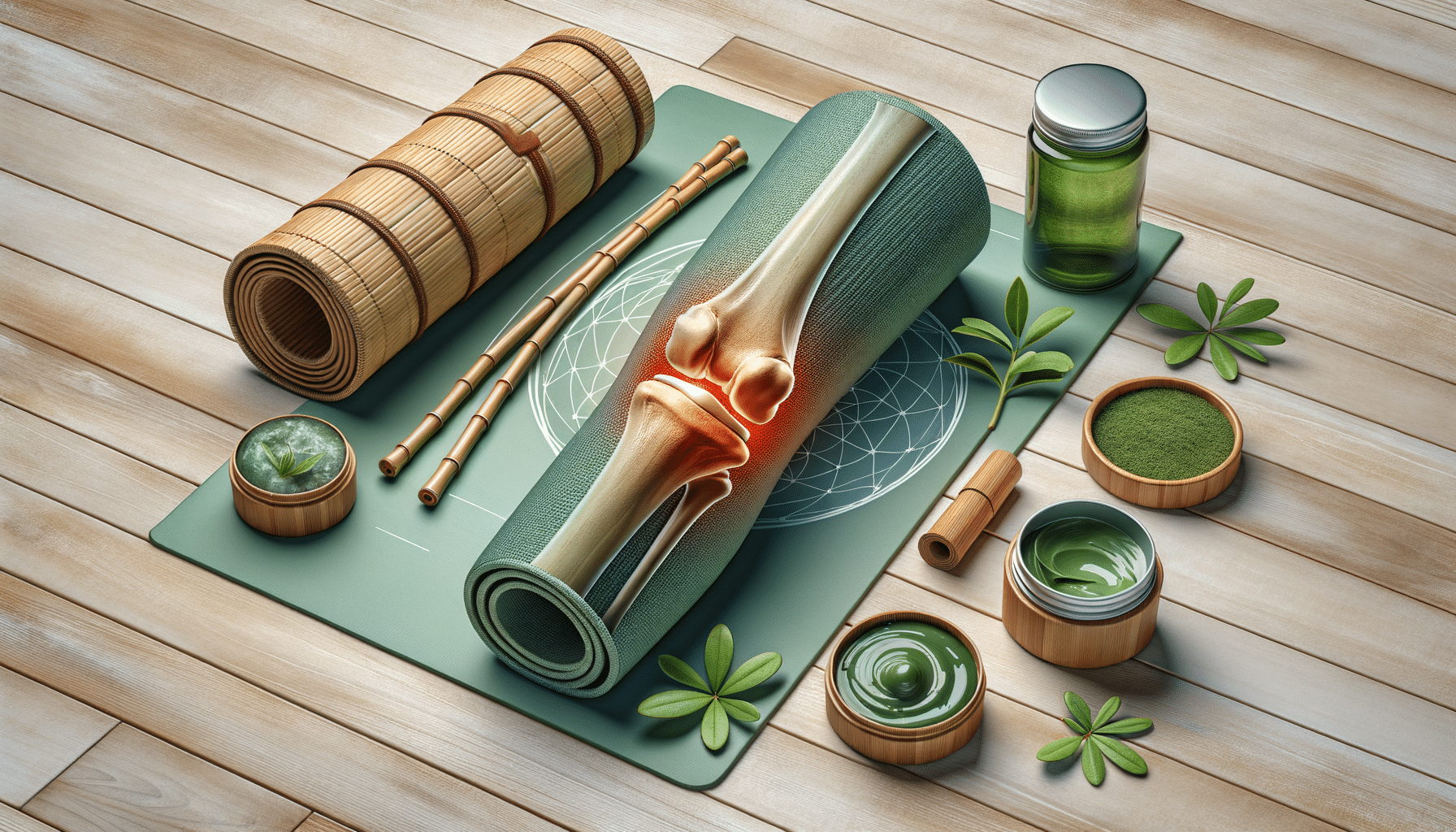Discover Natural Ways to Manage Knee Pain and Regain Your Mobility!
Knee pain can be a debilitating condition, but understanding its treatments can help you regain mobility and improve quality of life.

Understanding Knee Pain: Causes and Symptoms
Knee pain is a common ailment that affects people of all ages. It can result from various factors such as injuries, arthritis, or overuse. Understanding the underlying causes is crucial for effective treatment. Common causes include:
- Injuries: These may involve ligaments, tendons, or cartilage. Common injuries include sprains, strains, or tears.
- Arthritis: Osteoarthritis is the most common form, characterized by the degeneration of joint cartilage.
- Overuse: Repeated stress on the knee can lead to conditions like tendinitis or bursitis.
Symptoms often include swelling, stiffness, and difficulty in bending the knee. Early diagnosis and understanding these symptoms can lead to better management strategies.
Conventional Knee Pain Treatments
Conventional treatments for knee pain vary depending on the severity and cause of the pain. These treatments aim to alleviate pain, reduce inflammation, and restore function. Some common approaches include:
- Medications: Nonsteroidal anti-inflammatory drugs (NSAIDs) are often prescribed to reduce pain and swelling.
- Physical Therapy: A tailored exercise program can strengthen the muscles around the knee, improving stability and flexibility.
- Surgery: In severe cases, procedures like arthroscopy or knee replacement may be necessary.
While these treatments are effective, they may not be suitable for everyone due to potential side effects or personal preferences. Exploring alternative treatments can provide additional options for those seeking less invasive methods.
Exploring Natural and Alternative Therapies
Many individuals are turning to natural and alternative therapies to manage knee pain. These methods focus on holistic approaches and can be used alongside conventional treatments. Some popular options include:
- Acupuncture: This ancient practice involves inserting thin needles into specific points on the body to relieve pain.
- Herbal Remedies: Supplements like turmeric and ginger have anti-inflammatory properties that may help reduce knee pain.
- Yoga and Tai Chi: These practices enhance flexibility and strengthen muscles, which can alleviate knee discomfort.
These therapies offer a more natural approach to pain management and can be particularly appealing to those seeking to avoid pharmaceuticals.
Lifestyle Modifications for Knee Health
Incorporating certain lifestyle changes can significantly impact knee health and reduce the risk of pain. These modifications focus on maintaining a healthy weight, staying active, and protecting the knees from injury. Key strategies include:
- Weight Management: Excess weight puts additional stress on the knees, so maintaining a healthy weight can reduce pain and prevent further damage.
- Regular Exercise: Low-impact activities like swimming or cycling can keep the knees flexible and strong without causing strain.
- Proper Footwear: Wearing supportive shoes can improve alignment and reduce stress on the knees.
Implementing these changes can lead to long-term benefits and help maintain knee function and mobility.
Conclusion: Embracing a Comprehensive Approach to Knee Pain
Managing knee pain effectively requires a comprehensive approach that combines conventional treatments with natural therapies and lifestyle modifications. By understanding the causes and exploring various treatment options, individuals can find a personalized strategy that suits their needs. Whether through medication, physical therapy, or alternative methods, the goal is to alleviate pain and improve quality of life. Remember, consulting with healthcare professionals is crucial to developing a treatment plan that is both safe and effective.